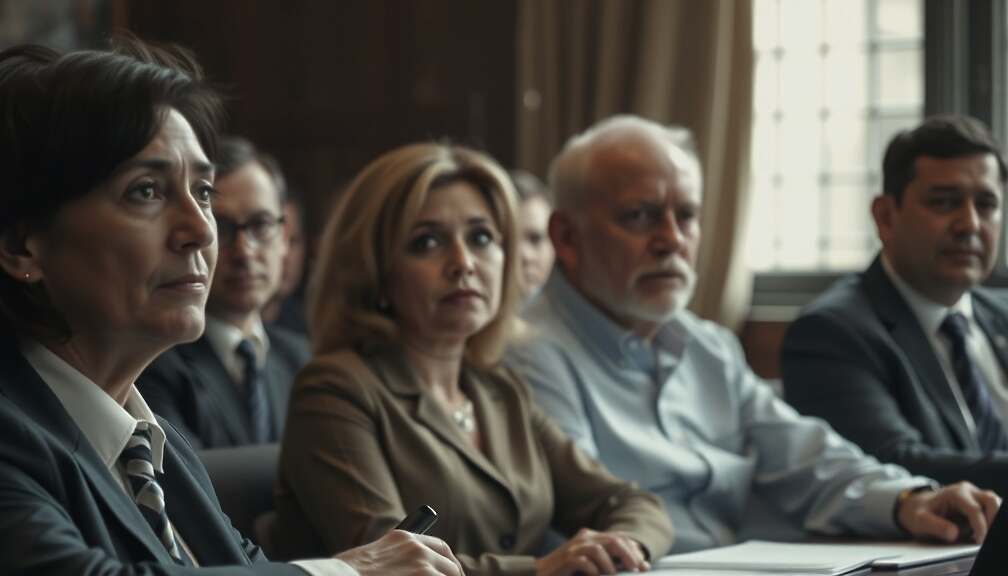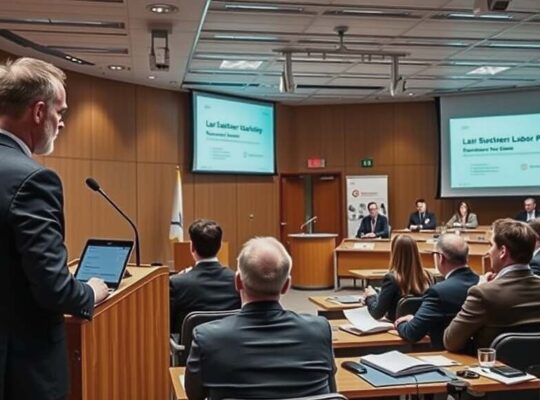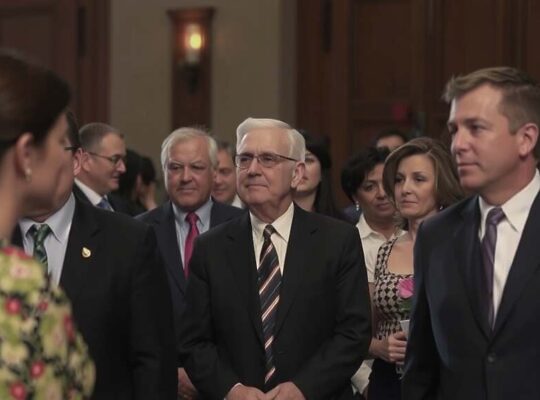Preparations are complete for the establishment of a commission tasked with proposing reforms to Germany’s debt brake, according to a statement released Friday by the Federal Ministry of Finance. The commission, a key component of the current coalition agreement, is expected to begin its work shortly.
The body will be jointly chaired by Stephan Weil, former Minister President of Lower Saxony (SPD), Eckhardt Rehberg, long-serving budgetary policy spokesperson for the CDU/CSU parliamentary group and Stefan Müller, former State Secretary in the Federal Ministry of Education.
Federal Finance Minister Lars Klingbeil (SPD) emphasized the goal of resolving long-standing debates surrounding the debt brake. “For many years, there has been disagreement in Germany about the debt brake. Our aim is to resolve this conflict. We need a smart modernization of the debt brake that ensures both lasting scope for investment and limits the debt burden.
The commission’s mandate is to develop concrete proposals for modernizing the debt rules. These changes are intended to enable continued investment in strengthening the German economy beyond the lifespan of the special asset for infrastructure and climate neutrality, while simultaneously ensuring the sustainable development of public finances.
The proposals from the expert group will consider the guidelines of the European Stability and Growth Pact and may incorporate considerations for its further development. A particular focus will be placed on ensuring the practicality and transparency of any reformed debt rule.
The commission will operate independently and can draw upon external expertise, receiving support from the Federal Ministry of Finance in carrying out its work.
Further members of the commission include Thiess Büttner, chairman of the independent advisory board of the Stability Council; Desiree I. Christofzik, professor of public finance at the German University of Administrative Sciences Speyer; Sebastian Dullien, scientific director of the Institute for Macroeconomics and Business Cycle Research (IMK) at the Hans-Böckler Foundation; Clemens Fuest, president of the Ifo Institute; Werner Gatzer, former State Secretary in the Federal Ministry of Finance; Johannes Hellermann, professor of public law, financial and tax law at the University of Bielefeld; Hanno Kube, professor of public law at the Ruprecht-Karls-University Heidelberg; Monika Schnitzer, chairwoman of the Council of Experts for Economic Analysis; Philippa Sigl-Glöckner, managing director of the think tank Dezernat Zukunft – Institute for Macrofinance; Isabella Weber, Associate Professor of Economics at the University of Massachusetts Amherst; Ruth Weber, professor of public law at the German University of Administrative Sciences Speyer; and Volker Wieland, executive director of the Institute for Monetary and Financial Stability (IMFS) at Goethe University Frankfurt.












